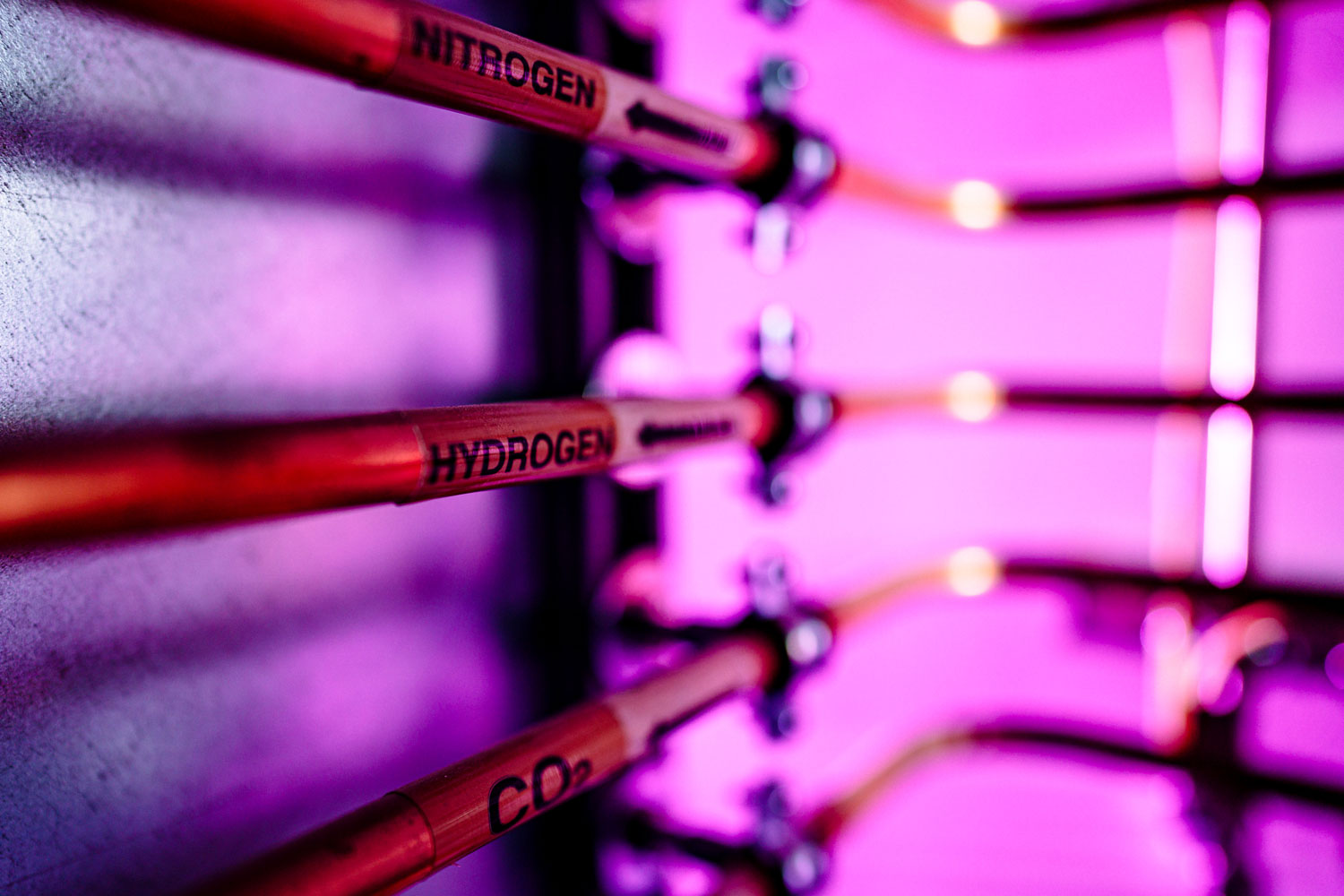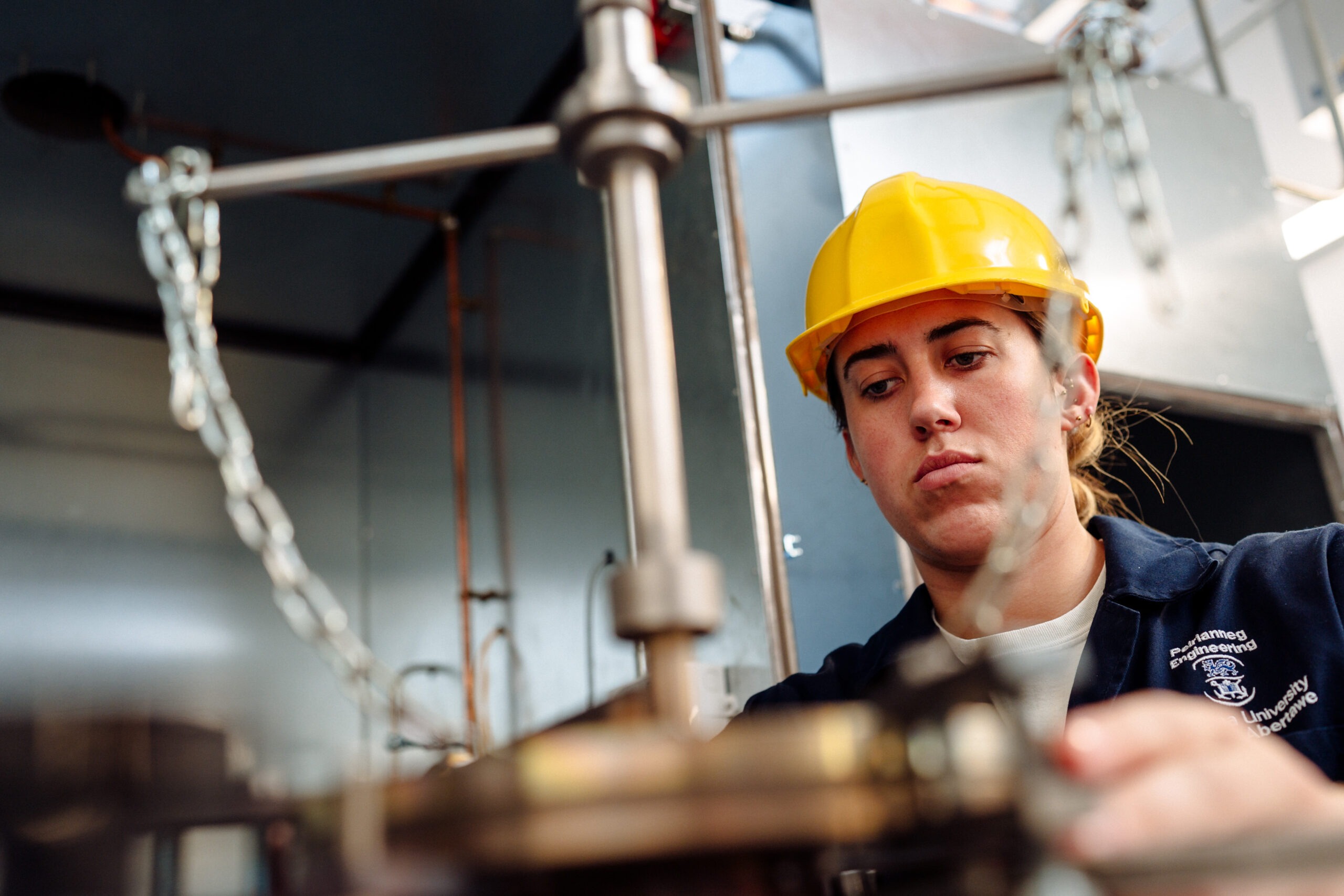Decarbonisation Ciner Glass
Ciner Glass is a leader in container glass production. They supply high-quality sustainable glass bottles to global food and drink producers through their industry leading centre of engineering excellence in glass technology.
The Challenge
Ciner Glass is committed to continuously developing their products and processes to improve the efficiency of their glass production in line with decarbonisation. Working together our aim is to optimise the way in which their products are produced and develop a high-quality sustainable glass.
Our Research
Before they can confidently reformulate the raw materials in their glass, Ciner Glass needs to test the properties of any reformulations. This is essential if they are to continue to produce high quality container glass. In SaMI, we can melt at scale much smaller quantities than the huge 500 tonnes of liquid glass Ciner Glass melt in their factory.
We invested £30,000 as part of our research, purchasing a furnace which is capable of high temperature melting of glass and materials such as Calumite, to test if we could produce glass from a material that already exists within the supply chain. This waste product from heavy steel industry can offer energy saving and environmental benefits to glass producers.
Solutions and Results
We successfully melted the Calumite in our new furnace with very encouraging results in producing glass from a waste industrial product. This is a promising outcome in the early stages of Ciner Glass’ journey towards a more sustainable process and high-quality product for decarbonisation and a circular, Net Zero economy.
We continue to collaborate, looking at ways to adopt the latest technologies to refine and reformulate Ciner Glass’ product and processes through sustainable methods.
Benefits
This initial phase of research is the first step in Ciner Glass’ broader strategic goals to become Net Zero. Using waste material of recycled products that already exist within the supply chain has energy saving and environmental benefits for glass producers.
Helping the manufacturing industry in Wales reduce “waste” is critical in creating a Net Zero economy that is circular, sustainable, and competitive.
Helping Ciner Glass, glass producers, and the wider manufacturing industry to use materials already in the supply chain is vital in reducing usage of raw materials, minimising industrial waste, and optimising sustainable production processes. This is the challenge of industrial decarbonisation.
Industrial Decarbonisation
With a focus on resource efficiency and closing the loop wherever possible, through our work with Ciner Glass we can simultaneously help the steel industry minimise its impact on natural resources, conserve energy, decrease waste generation, and thereby reduce overall environmental impact for both.
Through collaboration and partnering with industry we can successfully decarbonise. By helping industry develop and adopt innovative technologies, optimising processes, and prioritising circularity, sustainable manufacturing is achievable.
Collaborative efforts among local stakeholders within industry and supply chains are the solution for establishing a robust circular economy framework and Net Zero society in Wales.
Thanks to contributor Marc Cichuta at Ciner Glass.

